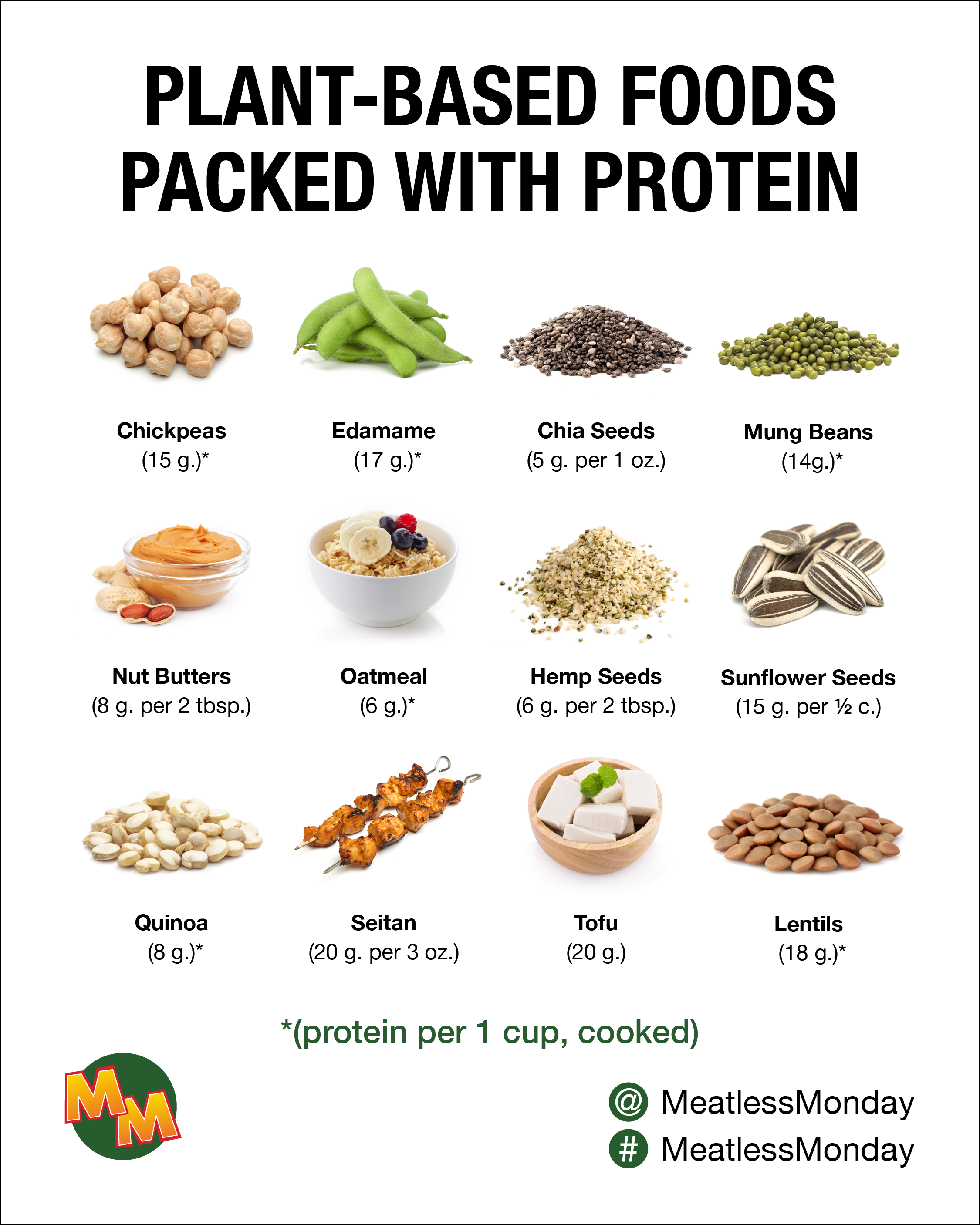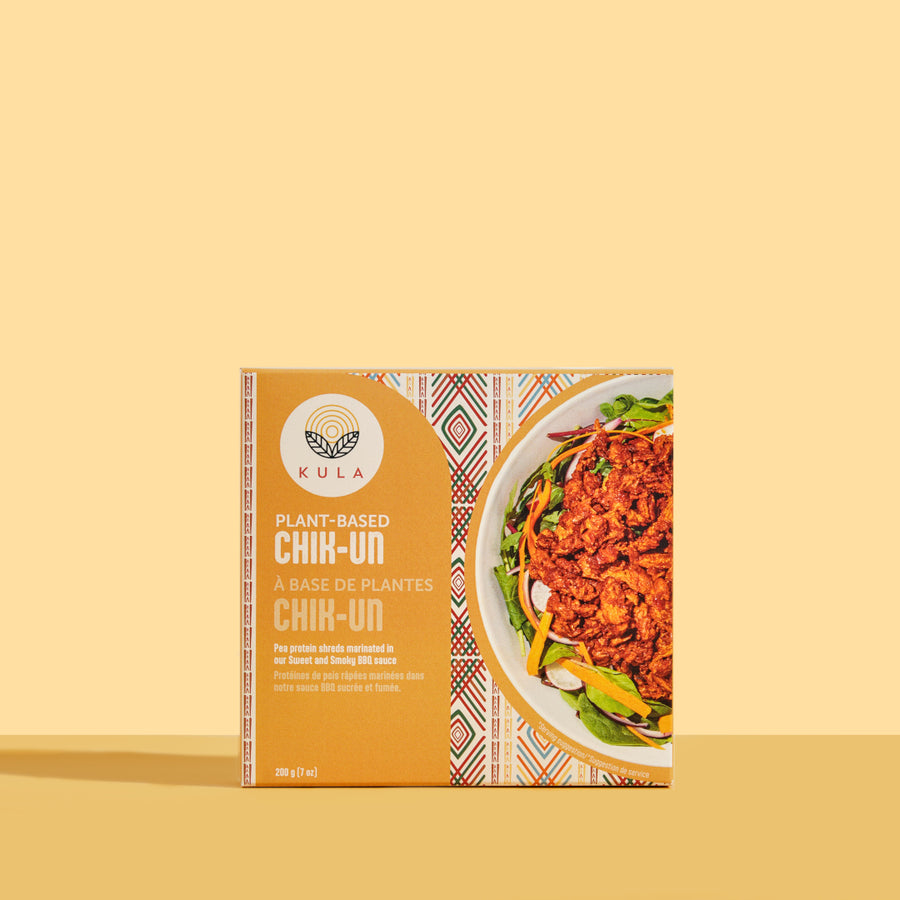Tips for Hosting a BBQ Using Only Gluten Free BBQ Sauce and Vegan Ingredients
Tips for Hosting a BBQ Using Only Gluten Free BBQ Sauce and Vegan Ingredients
Blog Article
Everything About Healthy Food: Benefits of Enjoying Plant Based Alternatives
The discussion surrounding plant-based diet plans has gained substantial attention in recent years. Numerous people are exploring the prospective health and wellness advantages, nutritional benefits, and environmental influences related to these nutritional selections. As individuals end up being extra knowledgeable about their food's influence on wellness and sustainability, concerns occur about the practicalities of adopting such a lifestyle. What specific modifications can one expect, and exactly how might these options reshape not just individual health however likewise the earth's future?
Recognizing Plant-Based Diet Plans
Although numerous individuals connect plant-based diets mostly with vegetarianism or veganism, these diet regimens can incorporate a variety of consuming patterns that focus on entire, minimally refined plant foods. Such diet plans commonly consist of fruits, vegetables, entire grains, seeds, beans, and nuts, while restricting or getting rid of pet items. This adaptability enables people to tailor their nutritional choices according to dietary demands and individual choices. Some may embrace a mainly plant-based diet plan while still periodically consuming meat or dairy, typically described as a flexitarian method. The emphasis stays on including more plant foods, which can bring about a varied range of dishes and flavors. Recognizing these different interpretations of plant-based consuming is essential for appreciating its access and charm in modern food culture.
Health And Wellness Advantages of Plant-Based Foods
The wellness advantages of plant-based foods are considerable, using a nutrient thickness advantage that supports overall well-being. Research suggests that these foods can boost heart health and play a crucial duty in efficient weight administration. By including extra plant-based options, individuals might enhance their nutritional options and advertise long-lasting wellness.
Nutrient Density Advantage
Nutrient thickness plays a vital function in the health and wellness advantages of plant-based foods, making them an engaging option for those seeking a balanced diet plan. Plant-based foods, such as fruits, veggies, legumes, nuts, and whole grains, are often abundant in important vitamins, minerals, and anti-oxidants while being lower in calories. This high nutrient thickness enables people to take in fewer calories while still meeting their dietary needs. In addition, these foods are packed with dietary fiber, advertising digestive system health and wellness and aiding in weight management. By integrating nutrient-dense plant-based choices, customers can enhance their overall health, support their body immune systems, and decrease the danger of chronic conditions. Eventually, the nutrient thickness of plant-based foods highlights their significance in a health-conscious way of life.
Heart Wellness Enhancement

Weight Management Assistance
In addition to promoting heart health and wellness, a plant-based diet can significantly help in weight monitoring. This nutritional strategy stresses entire foods such as fruits, veggies, beans, nuts, and whole grains, which are normally lower in calories and higher in fiber compared to animal-based products. The high fiber web content aids raise satiety, lowering overall calorie consumption. Plant-based diet regimens are typically abundant in essential nutrients while low in unhealthy fats, making it much easier to preserve a healthy and balanced weight. Research study indicates that individuals who take on a plant-based way of life often tend to have reduced body mass indexes (BMIs) and experience more successful fat burning contrasted to those who eat meat-heavy diets. Welcoming plant-based alternatives is a tactical selection for effective weight management.
Nutritional Worth of Plant-Based Active Ingredients
Plant-based active ingredients are abundant in important nutrients, using a varied array of vitamins, minerals, and antioxidants that contribute to overall wellness. A comparison of healthy protein resources discloses that while pet items are commonly viewed as premium, numerous plant-based choices give ample healthy protein and various other beneficial substances. Comprehending the nutritional worth of these components can help individuals make educated dietary selections.
Necessary Nutrients in Plants
Nutrient-rich components found in plants use a varied variety of necessary minerals and vitamins that contribute substantially to total health. These components are rich in vitamins A, C, and K, which sustain immune feature, vision, and blood clot, specifically. Additionally, plants give important minerals such as magnesium, potassium, and calcium, essential for heart wellness, muscle function, and bone strength. The visibility of fiber in plant-based foods aids digestion and promotes a healthy intestine microbiome. Anti-oxidants, found abundantly in vegetables and fruits, help battle oxidative stress and anxiety and decrease inflammation. Lots of plant foods are reduced in calories yet high in nutrients, making them an outstanding option for those looking for to preserve a healthy and balanced weight while ensuring perfect nutrient intake.

Comparing Protein Resources
Protein resources vary considerably in their dietary accounts, with plant-based active ingredients supplying special advantages. Unlike pet healthy proteins, which usually contain hydrogenated fats and cholesterol, plant healthy proteins have a tendency to be lower in these unhealthy parts. Legumes, nuts, seeds, and entire grains are rich in important amino acids, fiber, vitamins, and minerals. For example, lentils supply high protein web content along with significant iron and folate, while quinoa is a total healthy protein, offering all 9 essential amino acids. Furthermore, plant-based healthy proteins are often come with by anti-oxidants and phytochemicals that support general health. The shift to plant-based healthy protein sources not only improves dietary intake but additionally straightens with lasting dietary practices, decreasing environmental influence and advertising long-term wellness benefits.
Environmental Effect of Plant-Based Consuming
As awareness of environment modification expands, several people are exploring lasting dietary options that can considerably decrease their environmental footprint. Plant-based consuming has actually become a considerable factor to minimizing greenhouse gas discharges, which are largely connected with livestock manufacturing. The cultivation of fruits, veggies, beans, and grains normally requires less resources, such as water and land, contrasted to pet farming. Furthermore, plant-based diet regimens can cause reduced logging, as less land is needed for grazing animals or growing animal feed. By changing towards plant-based alternatives, customers can sustain biodiversity and promote much healthier ecosystems. Generally, embracing plant-based eating not just advantages personal health but likewise represents an important action toward environmental sustainability and conservation efforts.
Overcoming Common Misconceptions
While lots of people acknowledge the benefits of a plant-based diet regimen, several misunderstandings commonly deter them from totally welcoming this way of life. An usual idea is that plant-based diets do not have enough protein; however, countless plant resources, such as beans, nuts, and tofu, provide ample protein. Additionally, some think that this diet plan is costly, when as a matter of fact, staples like beans, rice, and seasonal vegetables can be fairly affordable. Another mistaken belief is that plant-based consuming is overly limiting, whereas it really uses a diverse variety of tastes and foods. Lastly, lots of worry try here that a plant-based diet plan may result in shortages, yet with proper preparation, people can obtain all needed nutrients, including minerals and vitamins, while appreciating a broad variety of delicious dishes.
Tips for Transitioning to a Plant-Based Way of life
Making the change to a plant-based way of living can be an enriching experience, though it often needs some guidance to navigate the first changes. Individuals are urged to begin gradually, integrating more fruits, veggies, beans, and whole grains into their meals while lowering meat and milk consumption. Dish preparation is crucial; preparing an once a week food selection can help ease the modification and stop final unhealthy choices. Discovering cooking methods and new dishes can likewise preserve and enhance the experience enjoyment concerning plant-based consuming. Additionally, joining support system or areas can provide inspiration and share useful ideas. Finally, staying notified about nourishment warranties balanced dishes, preventing deficiencies while promoting a healthy and balanced, satisfying plant-based lifestyle.
Delicious Plant-Based Dish Concepts
Discovering scrumptious plant-based meal concepts can inspire individuals to embrace a much more nourishing diet plan. One popular option is a hearty quinoa salad, featuring cherry tomatoes, cucumber, and a spicy lemon-tahini clothing. Another fave is a tasty lentil stew, packed with carrots, celery, and fragrant natural herbs, excellent for a comforting supper. For breakfast, over night oats made with almond milk, chia seeds, and topped with fresh berries offer a healthy start to the day. Additionally, a vibrant veggie stir-fry with tofu and a range of vivid veggies can be a quick yet satisfying meal. Finally, luscious avocado salute on whole-grain bread, sprinkled with flavors and seeds, supplies a simple yet savory snack. These meals display the range and richness of plant-based consuming.

Often Asked Concerns
Can a Plant-Based Diet Supply Sufficient Protein?
The inquiry of whether a plant-based diet plan can offer enough protein prevails. Various resources, consisting click here for more info of legumes, nuts, seeds, and whole grains, can satisfy protein needs properly, sustaining a balanced and nourishing diet regimen for individuals.
Are Plant-Based Diets Suitable for Children?
The viability of plant-based diet regimens for kids relies on careful preparation. Adequate nutrients have to be guaranteed, consisting of proteins, minerals, and vitamins. With appropriate advice, such diet plans can support healthy and balanced growth and development in kids.
Exactly how Do I Eat in restaurants on a Plant-Based Diet?
Eating in restaurants on a plant-based diet plan entails seeking restaurants with diverse food selections, asking for alterations, and exploring vegan-friendly website link alternatives. Planning in advance and communicating dietary choices can improve the eating experience while preserving dietary choices.
What Are Common Irritants in Plant-Based Foods?
Typical irritants in plant-based foods include soy, gluten, nuts, and seeds - Plant Based Chicken. People adhering to a plant-based diet regimen needs to understand these irritants and read tags meticulously to avoid damaging responses and guarantee safe intake
Can Plant-Based Diets Assist With Weight Reduction?
Study shows that taking on a plant-based diet regimen may assist in weight-loss as a result of its commonly reduced calorie density and higher fiber content. This combination can boost satiation, helping people manage their calorie consumption properly. Many people link plant-based diet regimens primarily with vegetarianism or veganism, these diets can encompass a broad variety of consuming patterns that prioritize whole, minimally processed plant foods. Nutrient thickness plays a vital duty in the wellness advantages of plant-based foods, making them an engaging option for those looking for a well balanced diet regimen. Plant-based diet plans have actually been revealed to markedly improve heart wellness, as they commonly consist of aspects that support cardiovascular feature. In enhancement to promoting heart health and wellness, a plant-based diet can substantially aid in weight administration. An usual idea is that plant-based diet regimens lack sufficient protein; nonetheless, numerous plant resources, such as legumes, nuts, and tofu, offer sufficient healthy protein.
Report this page